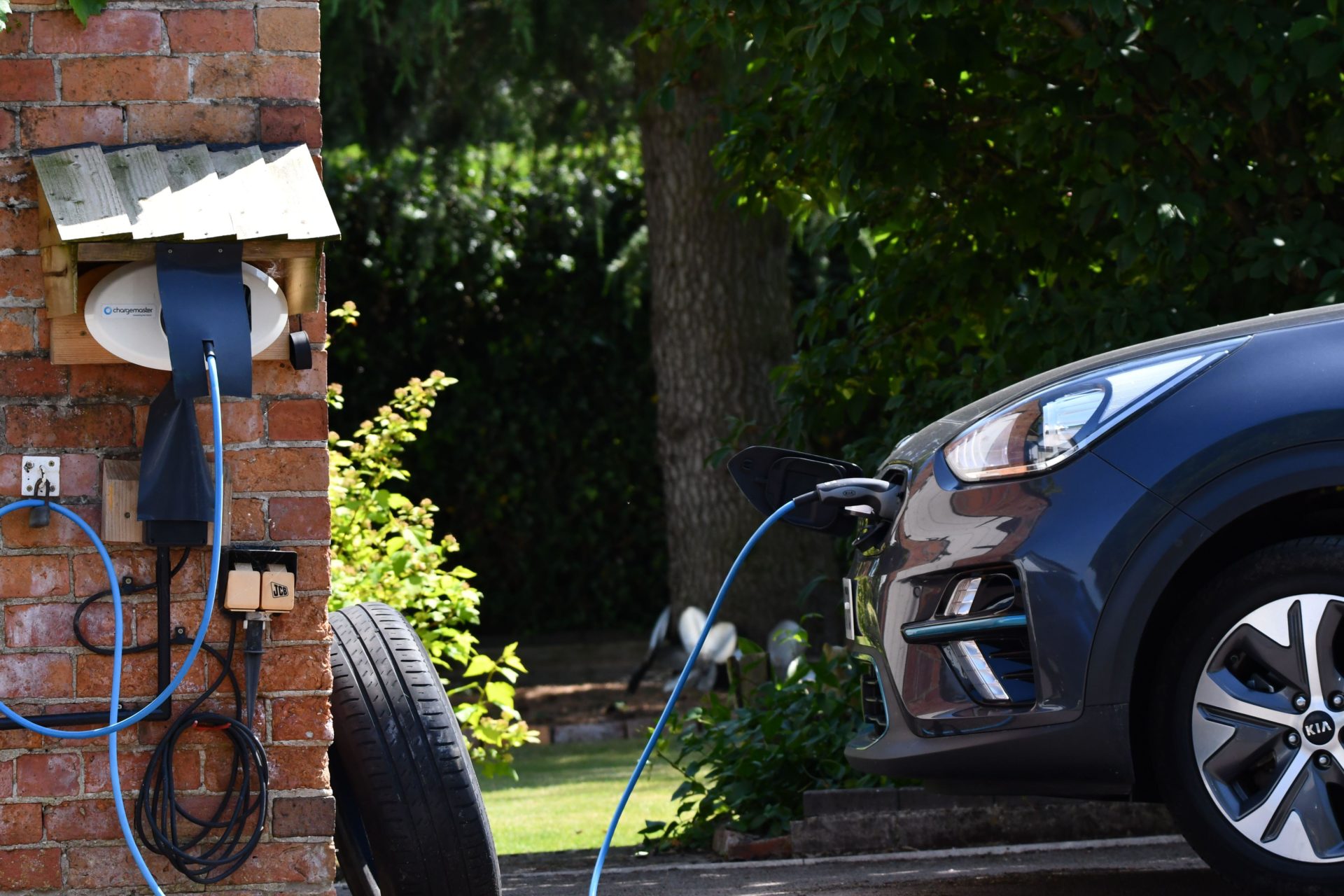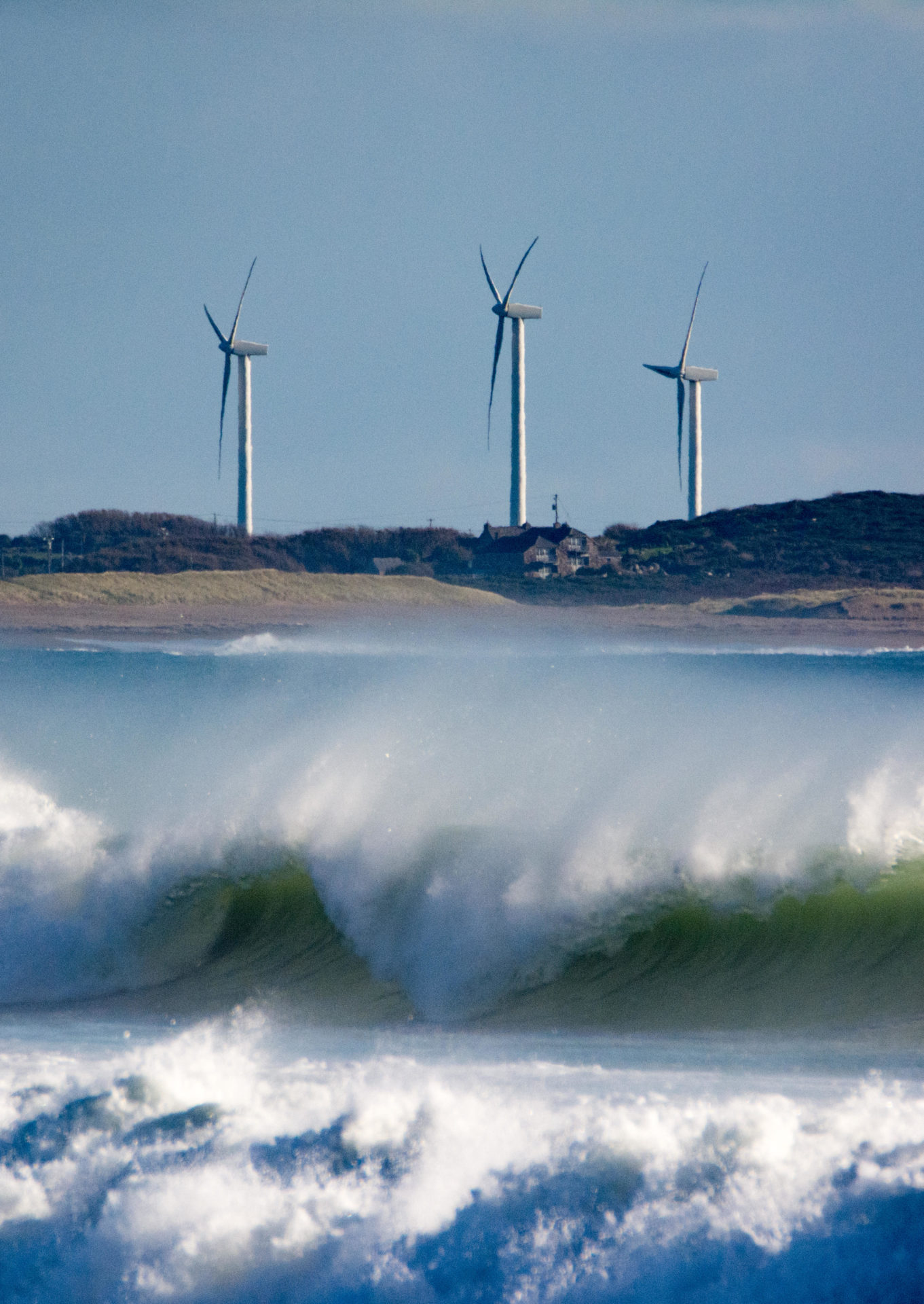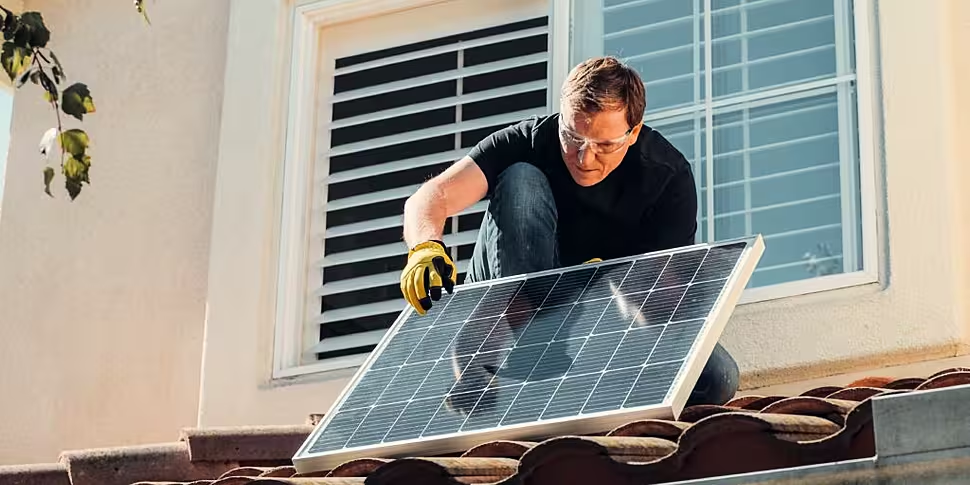The transition to net zero is about to become “more disruptive” to people’s everyday lives, a leading environmental analyst believes.
Last year was the first day in human history that every single day was on average 1°C warmer than pre-industrial levels.
World leaders have agreed that, if possible, the planet should warm no more than 1.5°C and there should be net zero carbon emissions by 2050.
Speaking to Newstalk Breakfast, Michael Liebreich described that target as unrealistic and most likely decades away from being achieved.
“We’re not going to get there in 2050,” he said.
“We’re probably talking about 2070, 2075 if you’re really talking about a net zero future.”
 An electric car charging on driveway. Alamy.com
An electric car charging on driveway. Alamy.comMr Liebreich said the transition is about to get “very hard” with radical changes needed to decarbonise sectors of the economy that are essential to life in the 21st century.
“The activists want to get there as quickly as possible - quite rightly - and we can get there but we’re not going to get there by 2050.
“2050 is 26 years away; when you’re talking about big chunks of infrastructure, the energy system, the transport system, the way we heat our homes, 26 years is nothing.
“To turn over all of those assets is just very, very hard.”
 Wind turbines on the coast of Wexford.
Wind turbines on the coast of Wexford.Last year, carbon emissions in Ireland fell by an estimated 4% and the Government hopes to reduce them by half by the end of the decade.
So far, most people are unlikely to have noticed any major impact on their day-to-day lives but Mr Liebreich believes that will change in the years ahead.
“We are entering a phase now where we’re going to have to make a bunch of changes that really affect the way people drive, the way people heat, the way people travel on holiday and so on,” he said.
“It is going to start being more disruptive.”
Ireland is likely to be especially impacted given the nature of its geography and economy - which are very dependent on international shipping and aviation.
“[With] shipping, there’s talk about using hydrogen derivatives - like ammonia and methanol,” he said.
“There are other ways of doing it; you could be using biogas.”
Aviation produces 2.5% of the world’s carbon emissions but experts say it will be exceptionally difficult to decarbonise
Unlike cars, electric batteries are simply too heavy for a plane to carry for any length of time, so alternative fuel sources are being considered.
“People talk about hydrogen, it will not be hydrogen, if there’s one message on aviation it will not be hydrogen,” Mr Liebreich said.
“It will be jet fuel, kerosene type fuel - the same molecules but they’ll have to be made clean.”
The Government remains committed to reaching net zero carbon emissions by 2050.
Main image: Solar panels on a roof. Image via Pexels.com









